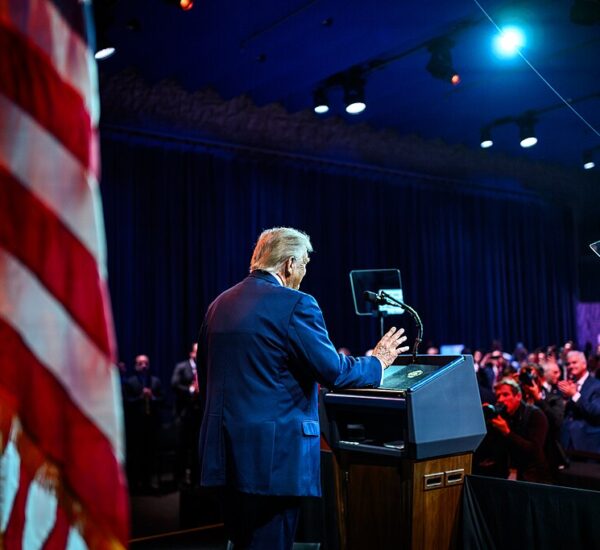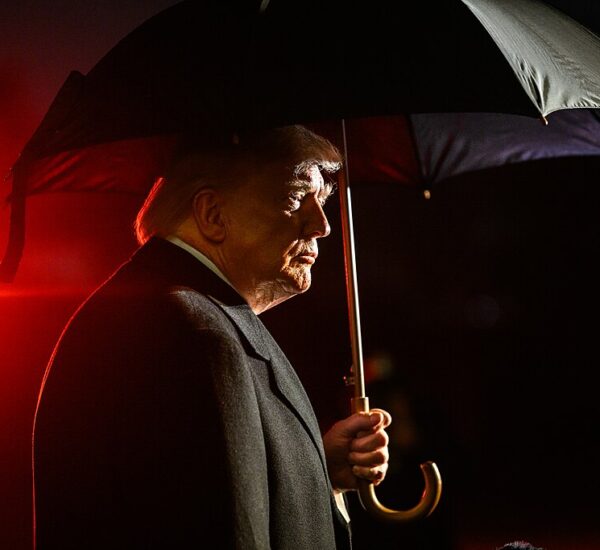About time!
Wisconsin has made a bold move to protect the integrity of its elections. On Tuesday, voters overwhelmingly approved a constitutional amendment requiring photo identification to cast a ballot—a major step in preventing voter fraud and ensuring trust in the democratic process.
According to results from the Associated Press, 63.1% of Wisconsin voters supported the amendment, while only 36.9% opposed it. With nearly 90% of votes counted, the outcome sends a powerful message: Americans want secure elections.
President Trump Celebrates Major Victory for Conservatives
President Donald Trump praised the results on Truth Social, declaring: “Voter ID has officially passed in Wisconsin—huge news!” Trump declared. “Democrats pushed back hard, likely because they benefit from weak election laws. This is a massive victory for Republicans—possibly the biggest success of the entire night.”
Trump also emphasized how this win will shape future elections: “This should help secure future wins in Wisconsin—just like we did in the presidential race—and keep us strong in the state for years ahead!”
What the Voter ID Amendment Means for Wisconsin
While Wisconsin state law already required voter ID, enshrining it in the state Constitution makes the rule far more permanent. It becomes much harder for future legislatures or courts to undo.
Under the new rule, acceptable forms of identification include:
- A valid photo ID issued by the state of Wisconsin
- A U.S. federal government-issued photo ID
- Tribal identification from federally recognized Native American tribes
- Photo IDs issued by colleges or universities in Wisconsin
If a voter is unable to present an ID at the polls, they may cast a provisional ballot and provide valid identification later, as outlined by Wisconsin law.
Why Voter ID Laws Matter for Election Security
Across the country, 36 states now require some form of voter ID. Wisconsin joins eight other states with laws that specifically require photo identification. These laws are widely supported by Americans who believe voter ID is a common-sense safeguard that strengthens the legitimacy of elections.
Supporters argue that requiring an ID is no different from what’s needed to drive a car, fly on an airplane, or cash a check—basic actions that require verification.
Liberal Supreme Court Candidate Wins Judicial Race
While conservatives won big with the voter ID amendment, the liberal establishment scored a win in the judicial race. Susan Crawford, a judge backed by labor unions and Planned Parenthood, defeated conservative former Attorney General Brad Schimel, who was endorsed by both Donald Trump and Elon Musk.
Crawford’s 9-point victory means the state’s Supreme Court will remain under liberal control. The court is expected to play a pivotal role in redistricting decisions that could affect the outcome of Wisconsin’s 2026 midterm elections.
Bottom Line: A Major Win for Election Integrity Advocates
Despite setbacks in the judicial race, the approval of the voter ID amendment marks a historic win for conservative values and a major step toward restoring faith in America’s elections.
Americans 50 and up—a generation that knows the value of accountability—continue to lead the charge for secure, transparent voting.
With voter ID now part of Wisconsin’s Constitution, Republicans are better positioned to win future elections and preserve the voice of law-abiding citizens.






